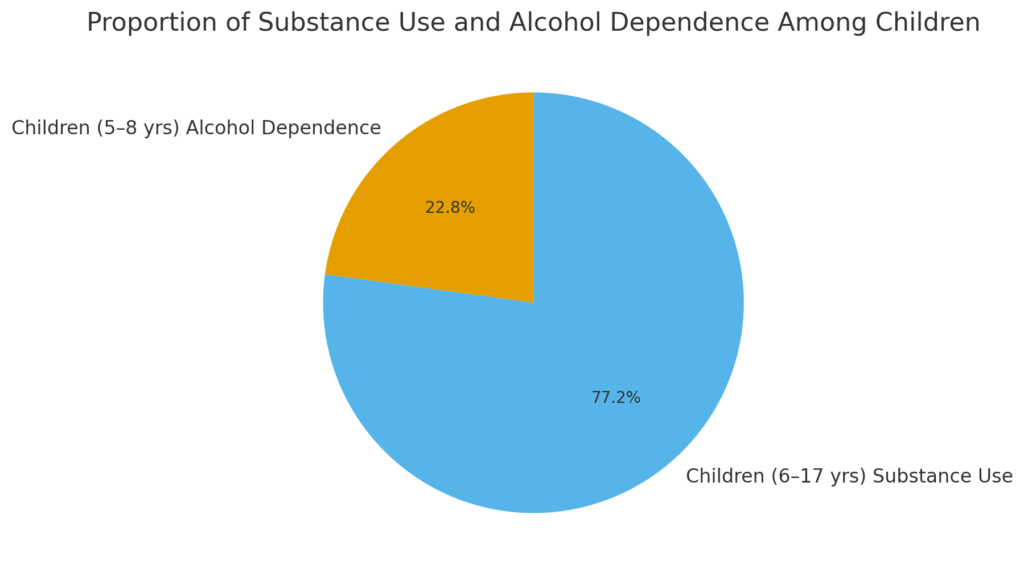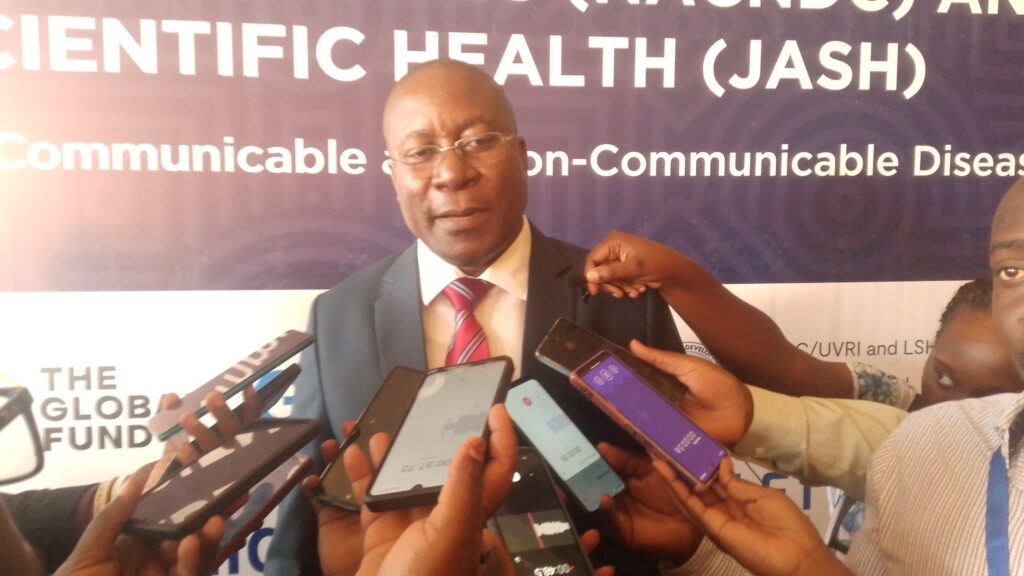
 Mama FM
Mama FM

 Mama FM
Mama FM
7 November 2025, 11:47 am
By Byamukama Alozious
Mental health crisis in schools continues to worry many concern citizens, with new research and government data revealing worrying trends of substance use and emotional distress among children and adolescents.
Harriet Aber Odonga from Makerere University’s School of Public Health presented findings during the pre 1st National Communicable and Non-Communicable Diseases (NACNDC) and 19th Joint Annual Scientific Health (JASH) Conference held at the Munyonyo Commonwealth Resort, showing that 7.4 percent of children aged 5 to 8 years in Eastern Uganda exhibit signs of alcohol dependence, while one in four children aged 6 to 17 years in Mbale District are using substances such as alcohol, tobacco, marijuana, and other locally available drugs.

According to Odonga, early exposure to these substances is increasingly linked to behavioral and mental health challenges among young learners. She called for urgent interventions to prevent substance use and promote mental health support within schools.
Meanwhile, Justice Duncan Gaswaga, who has been vocal on youth mental health issues, expressed concern over the growing number of students struggling with emotional and psychological disorders. Citing statistics from the Kampala Capital City Authority (KCCA), he revealed that 90,530 cases of mental health disorders among students were registered between July 2024 and June 2025 a 12.2 percent increase compared to the previous year.
Justice Gaswaga noted that many of these cases stem from academic pressure, family breakdowns, drug use, and social instability, warning that the crisis could worsen if not addressed promptly.

From the Ministry of Education and Sports, Rabbeca Namakula underscored the importance of supporting teachers’ mental health as a foundation for stable learning environments.
“When the headteacher is not okay, they transfer the problem to the teacher, and from the teacher to the learners,” Namakula explained. “We are considering capacity building for teachers so they can manage their own mental health and better support learners.”
Experts agree that the crisis extends beyond individual schools and requires a multisectoral response. The study highlights that 17.6 percent of children in Ugandan schools are struggling with depressive disorders, yet mental health services remain scarce, especially in rural areas.
Public health specialists are urging the Ministry of Health, education authorities, and development partners to prioritise mental health education, strengthen counseling services in schools, and implement community-based prevention programs targeting both parents and learners.